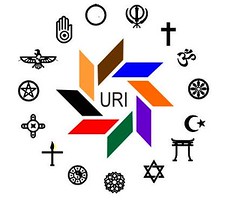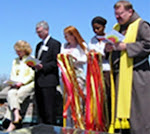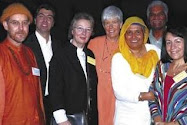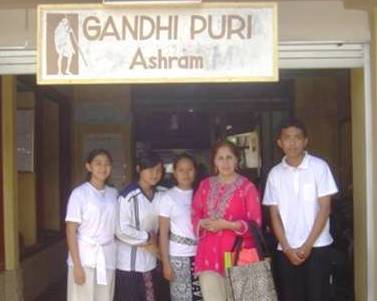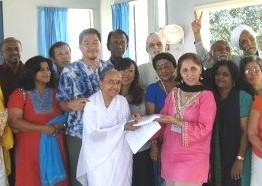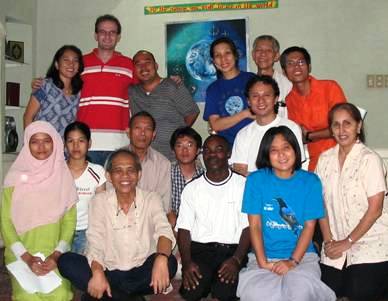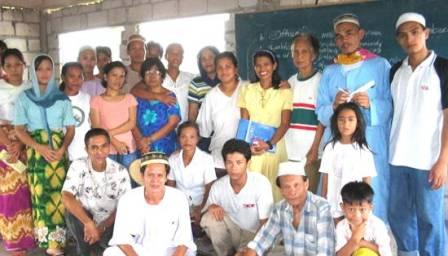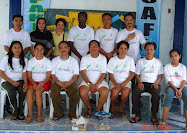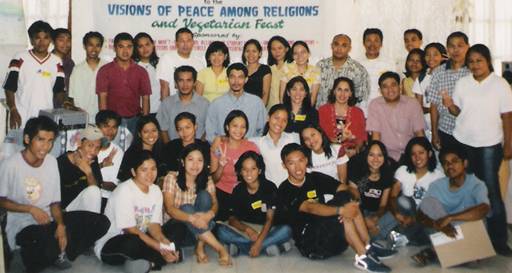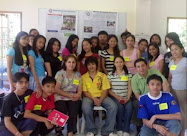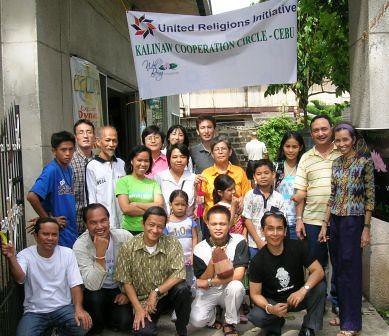REV. CANON CHARLES P. GIBBS
Dear Friends,
Greetings of love and peace.
In slightly more than a month, on September 21, URI Cooperation Circles around the world will join millions of others in observing the UN’s International Day of Peace. This yearly observance creates a powerful moment of solidarity among peacebuilding people all over the Earth. And creates a moment when we see an expression of URI’s growing capacity for shared global action.
If you are already planning an IDP observance, I urge you to think about new people you can reach out to and include. If you do not have an observance planned, I urge you to plan one. It can be as simple as having every member of your CC commit to a minute or an hour of prayerful, meditative focus on peace, beginning in your own hearts and extending out to encompass the whole Earth community.
I urge you to observe the IDP and to share your observance with URI’s global community. This will make your CC stronger. It will make URI’s global community stronger. And it will contribute in ways we can perhaps only sense to a global movement away from violence and division toward peace, justice and healing.
In case you need a little inspiration to motivate you to join in this important moment, I’d like to give you a taste of some of the heroic work for peace going on in URI’s community.Earlier this month, Marites Africa, Herm Weaver and Libby Hoffman visited the Interfaith Peacebuilding Initiatives CC in Ethiopia and the Acholi Religious Leaders CC in Uganda. Both CCs have leadership teams participating in URI’s two-year Moral Imagination Peacebuilding Pilot Project.
Herm expressed the primary purpose of these site visits through four guidelines that emerged from a deep conversation during our MI workshop this past March in Manila, Philippines:
1. Be with each other.
2. Hear/understand the questions and challenges.
3. Till the soil – “The ox is slow but the Earth is patient.”
4. Brainstorm.
Marites, whose team hosted the Manila workshop, expressed their mission this way:
We decided that, in keeping with the spirit of the Moral Imagination, we would switch to the “listening mode” and take in as much of the experiences of the people on the ground as we possibly could. I sensed that the best way that I could do that was to empty my mind of expectations and “be fully present in the moment.”
Marites, Libby and Herm each crafted a report about what they experienced by being fully present in the moment. We are exploring the best way to make these reports fully available for those who might be interested.
For now, I’d like to say that in Ethiopia they experienced an inspired and inspiring team of twelve young leaders who presented an impressive model of shared leadership in their work to sow the seeds of peace among young people of different faiths to build community and prevent future conflicts. In the words of URI’s Purpose, they are creating cultures of peace, justice and healing.
In Uganda, they experienced a group of religious leaders who have labored for years in the midst of a twenty-year civil war that seems to be drawing to a close on one front and opening in a new way on another. A hoped for peace treaty would bring the fighting between the Lords Resistance Army and the Ugandan Armed Forces to an end, and would open a new front as a society that has been war ravaged for two decades attempts to heal and rebuild itself, dealing with an intimidating array of issues including reintegrating child soldiers and dealing with issues of land ownership.
I pray for every success for the work of the young leaders in IPI that will prevent the violence that has wracked northern Uganda and other places in the world from consuming Ethiopia. And I pray for the courageous leaders of the Acholi region that their efforts, in partnership with many others, will lead to the signing of a peace treaty and the beginning of the challenging struggle of creating cultures of peace, justice and healing on the ruins of civil war.
Stay tuned for more news from Ethiopia and Uganda. Whatever else you do, I ask you to hold the IPI and the Acholi Religious Leaders in your prayers and meditation on the International Day of Peace. They are part of the URI family building a better world. Be fully present to them and to the deep stirring for peace in your heart, in your community and in the world.
Thank you for your leadership.
Love,
Charles
 A Reflection from the URI Executive Director,
A Reflection from the URI Executive Director, 